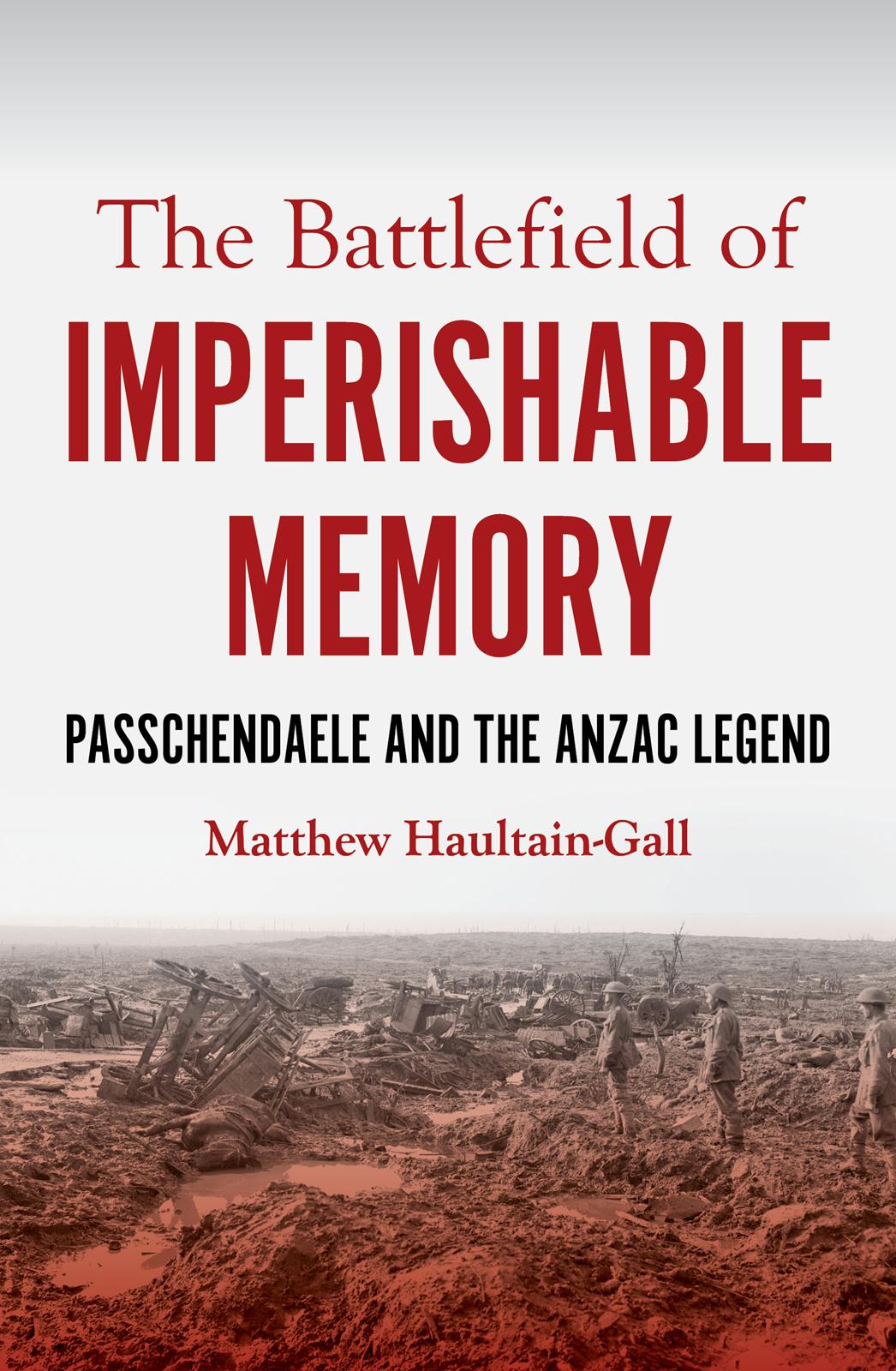

Most ebook files are in PDF format, so you can easily read them using various software such as Foxit Reader or directly on the Google Chrome browser.
Some ebook files are released by publishers in other formats such as .awz, .mobi, .epub, .fb2, etc. You may need to install specific software to read these formats on mobile/PC, such as Calibre.
Please read the tutorial at this link: https://ebookbell.com/faq
We offer FREE conversion to the popular formats you request; however, this may take some time. Therefore, right after payment, please email us, and we will try to provide the service as quickly as possible.
For some exceptional file formats or broken links (if any), please refrain from opening any disputes. Instead, email us first, and we will try to assist within a maximum of 6 hours.
EbookBell Team

4.0
6 reviewsThe Battlefield of Imperishable Memory
The Ypres salient ‘was the favourite battle ground of the devil and his minions’ wrote one returned serviceman after the First World War. Few who fought in the infamous third battle of Ypres – now known as Passchendaele – in 1917 would have disagreed. All five of the Australian Imperial Force’s (AIF) infantry divisions were engaged in this bloody campaign. Despite early successes, their attacks floundered in front of the devastated Belgian village of Passchendaele when autumn rains drenched the battlefield, turning it into an immense quagmire. By the time the AIF withdrew, it had suffered over 38,000 casualties, including 10,000 dead, far outweighing Australian losses in any other Great War campaign. Given the extent of their sacrifices, the Australians’ exploits in Belgium ought to be well known in a nation that has fervently commemorated its involvement in the First World War. Yet, Passchendaele occupies an ambiguous place in Australian collective memory. Tracing the commemorative work of official and non-official agents—including that of C.E.W. Bean; the Australian War Memorial; returned soldiers; battlefield pilgrims; and, more recently, the Department of Veterans’ Affairs, working in collaboration with Belgian locals— The Battlefield of Imperishable Memory explores why these battles became, and still remain, peripheral to the dominant First World War narrative in Australia: the Anzac legend.